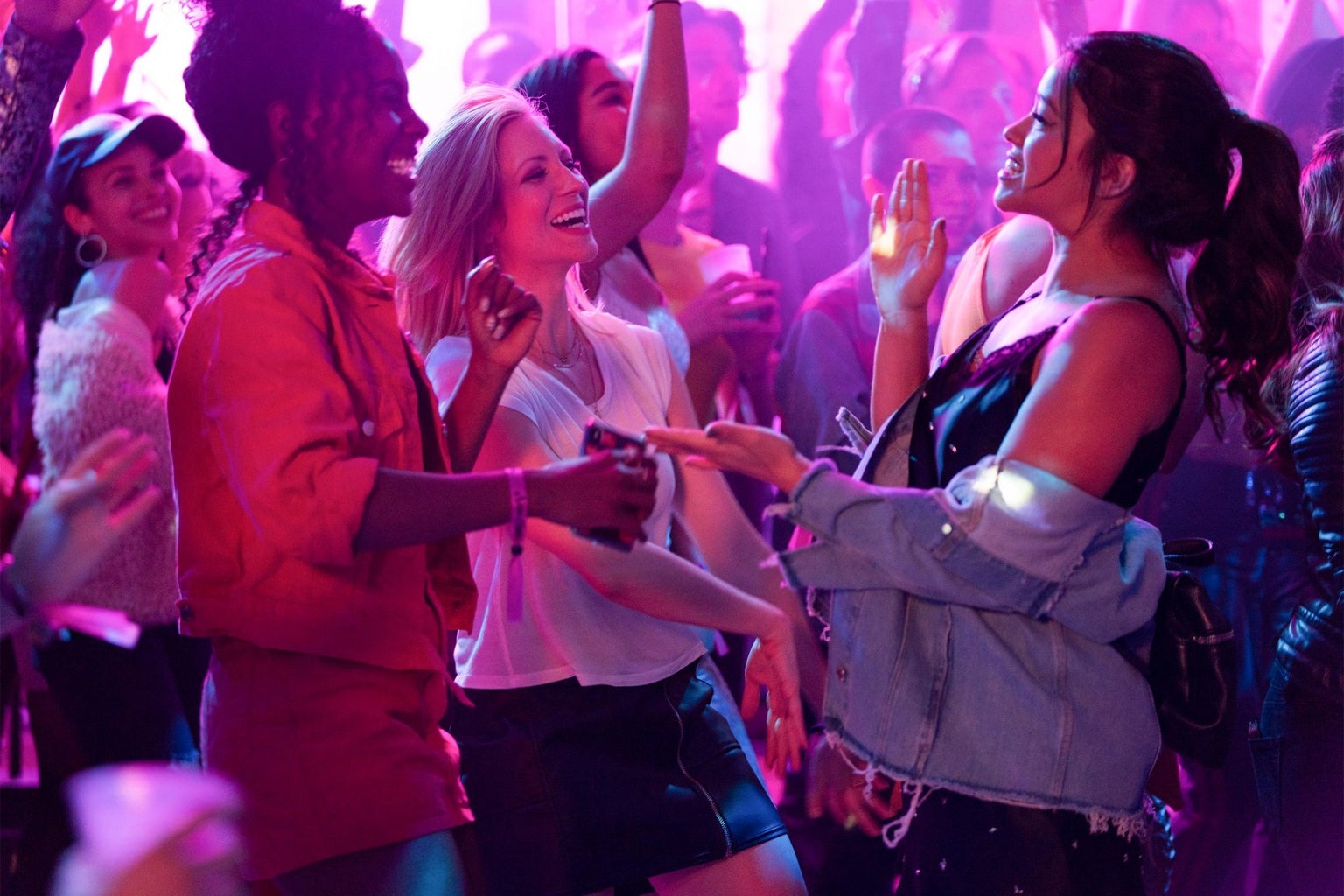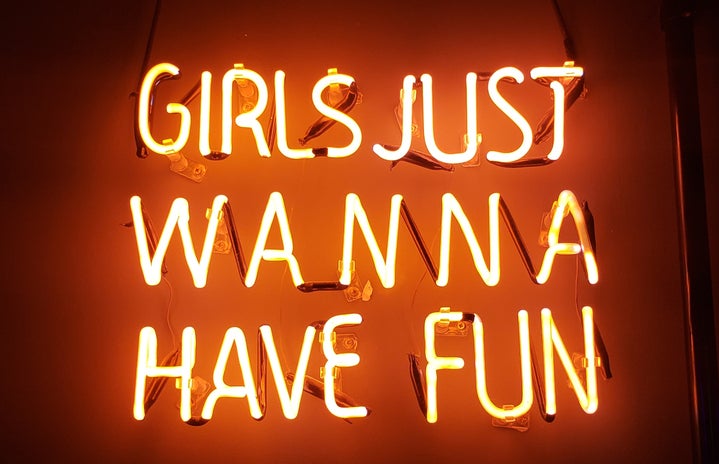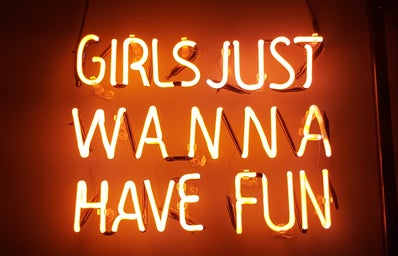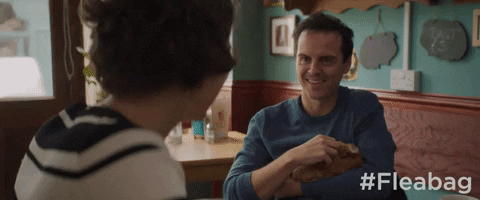“It healed a piece of my soul — not to sound too dramatic here,” is the text my best friend sent me when I told her how obsessed I was with the book she’d just lent me. And, really, I was. I couldn’t put it down. Not in the typical cliche way, but because Dolly Alderton’s Everything I Know About Love felt like a secret I needed to protect. An illicit, heartfelt, beautiful and terrifying secret. Like a scandalous note being passed around in class, I want everyone and no one to read it.
But that’s because Dolly Alderton’s got it just right. Her memoir, published in 2018, follows her experiences with parties, dates, friends, jobs, life, and, of course, love from her teen years to age thirty. She relays her stories the way she would to a friend, with utmost honesty and trust. As a reader, you’re given privileged access to her light-hearted, yet deeply impactful, online relationships as a high schooler. She gleefully whispers in your ear about losing her virginity. She drunkenly tells you the story about when she hosted a miserable failure of a dinner party, because “that’s what adults do, right?” And she cries on your shoulder when her girl-friends all begin to leave her for relationships and marriage and “real life” things.
Aldteron understands how difficult it is to grow up and handle life on your own. She knows the struggle of trying to be an adult without turning to the comfort of parents for everything. The trials and tribulations of womanhood are as familiar to her as to us. And she’s more than happy to share her experiences. Every chapter of Alderton’s book leaves you with something. It may be a blushing face, giggles, the burning scar of self-recognition or (in the word’s of my girl-friend) the feeling of some tiny, bruised piece of your soul healing just a bit.
Alderton manages to perfectly encapsulate the entire spectrum of feelings that wreaks havoc on women in their twenties. The decade is hard enough on its own, but throw in love, sex, booze and friendships into the mix? It’s a Molotov cocktail asking to be thrown. Alderton intimately details the addicting high of freedom and the crash and burn of anxiety that comes with it. And she makes you feel okay for feeling it too.

As I said, every chapter in the book leaves an imprint, but some particularly stood out to me for how relatable they were. Alderton recounts how she and her group of university friends-so-close-they’re-sisters partied every night, all night. They were sloppy and dumb and careless and they couldn’t have been happier. Alderton writes how her mother told her that her drunken partying “was a misguided act of feminism; that emulating the most loutish behavior of men was not a mark of equality.” Alderton admits that those late nights may not have reflected well on her, but she is also adamant that her “refusal to use [her] body in a way that was expected of [her]” was a “defiant, celebratory, powerful act.”
Now, I’ve been to my fair share of parties. After the nationwide year or so COVID-19 quarantine, you could say I went wild once in-person at UCLA. Last year, my girl-friends and I stayed out too late, drank too much and did things we probably shouldn’t have in retrospect. There have been times where I’ve felt embarrassed, ashamed and disappointed in myself. What my friends and I were doing is considered unladylike. But at the same time, it’s incredibly freeing — and Alderton gets that. Deciding what to wear on your body (or how little), where to take it and who to share it with is liberating. To do with your body as you please is a feeling of independence and agency unlike any other.
Alderton also shares more vulnerable moments. They feel quiet and personal, yet incredibly real. The way she describes them is as though she’s your close friend who came over for a casual glass of wine and the conversation inadvertently drifted towards your mutual existential unease. Alderton will write something like, “I found it impossible to articulate how I was feeling to anyone; I spent huge swaths of time on my own. There was a hum in my body of disinterest, ennui, and anxiety, as low and simultaneously disruptive as a washing machine on a spin that won’t turn off,” and then move on to telling you about a hilariously bad date as if she didn’t just drop an painfully relatable emotional bomb on you.
Alderton also spends quite a bit of time discussing her struggles with mental health and her weight as well as how she healed from that pain by going to therapy. One of the central themes of the book that stood out to me was that of loss, whether of life, love, or identity. Alderton wasn’t afraid to document the times she lost sight of herself during her twenties, and how she learned that self-love and respect are the most important things we can give ourselves.
The second element that struck a chord with me was Alderton’s focus on female friendships. Both her fond and painful memories underscore how special friendships between women are. It’s difficult to describe what makes them so special (an article for another time), but Alderton’s work conveys it. There’s a bond between us women that you can’t find anywhere else. A strength to draw upon in your most difficult moments.
As a complete work, Alderton’s memoir is refreshingly honest and relatable in all the right ways. I cannot recommend it enough. Even better, it’s been made into a TV show (binge incoming) if reading isn’t your cup of tea.
Everything I Know About Love healed a piece of my best friend’s soul and a great deal of mine. I hope it can do the same for you.



